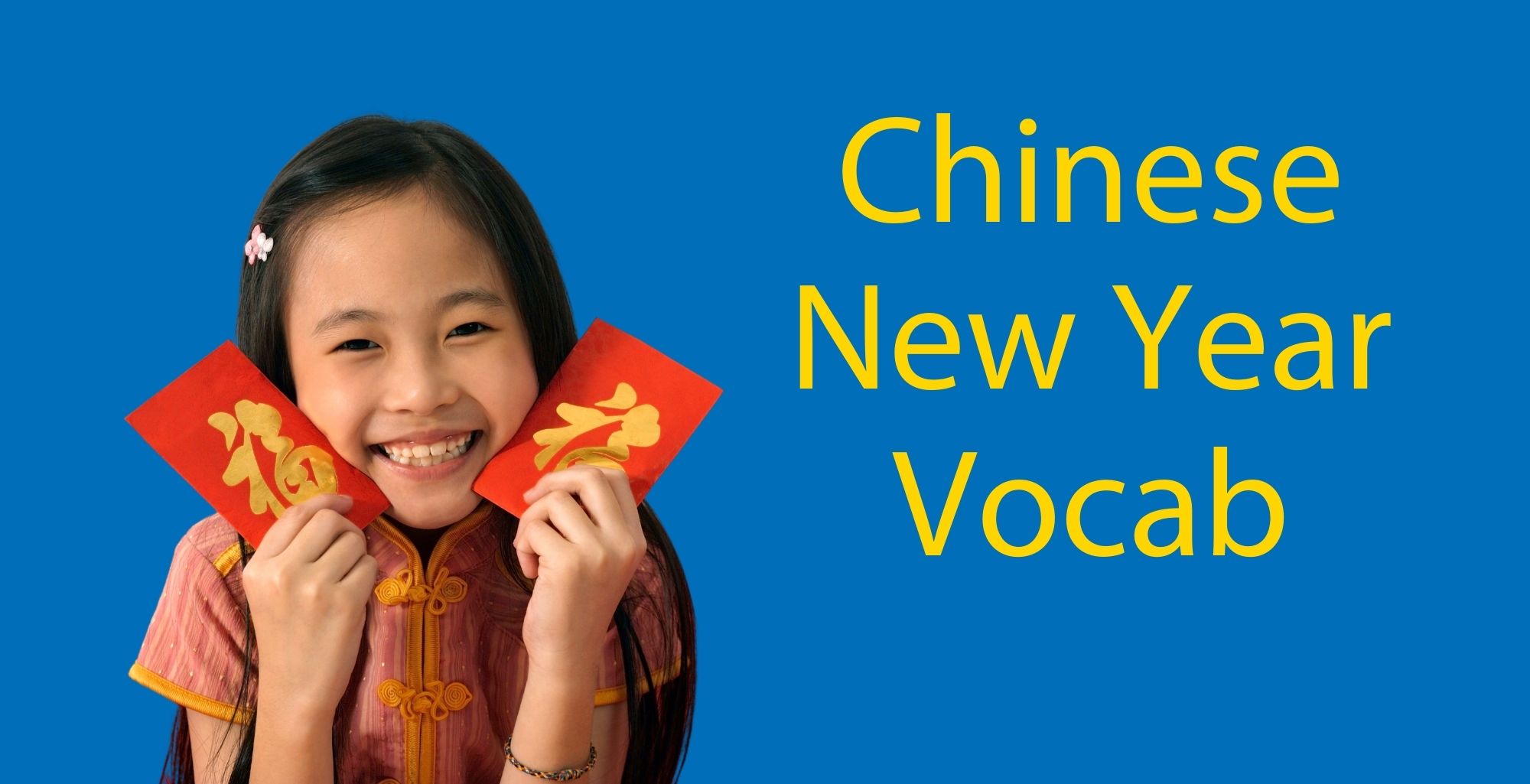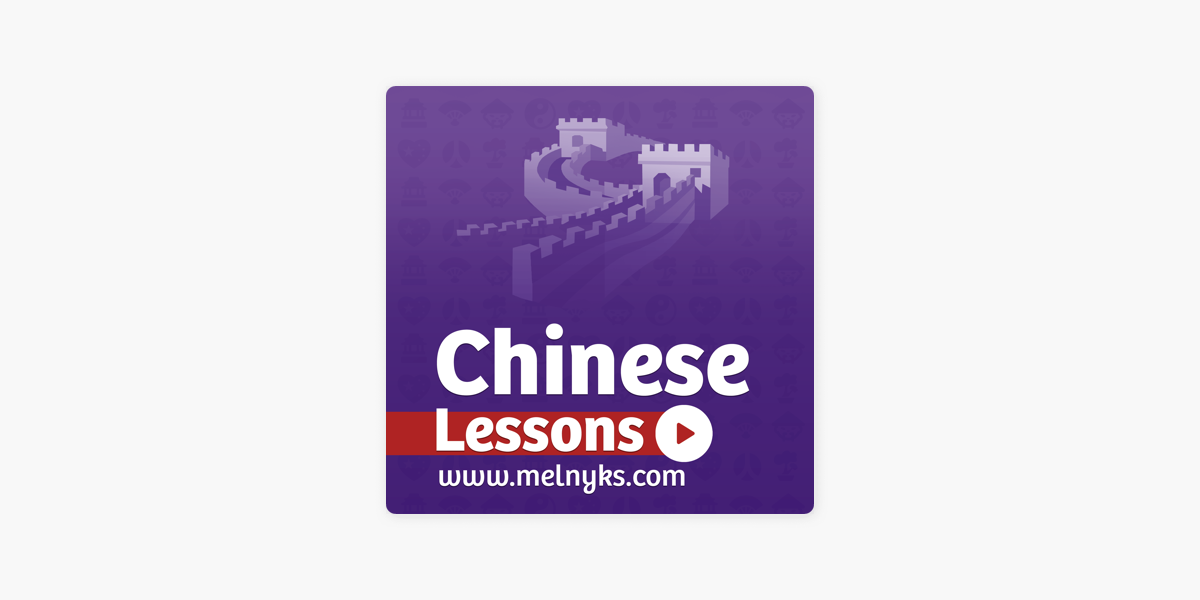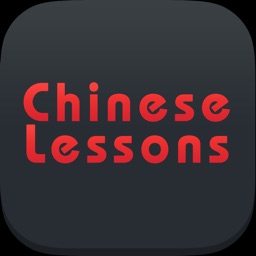The Chinese New Year (also known as the “Spring Festival”) is one of the most important holidays in China. From Chinese New Year greetings to traditional foods, we’ll explain what CNY is, why it is meaningful to Chinese people, and how it is celebrated.
We’ve also included a list of the most useful Chinese New Year terms that you’re sure to hear during the Chinese New Year. Try them out yourself!
Didn’t we already celebrate the New Year on January 1st?
While most cultures organize their dates with the Gregorian calendar (which has 12 months and transitions to a new year every January 1st), many Chinese holidays follow the Lunar calendar (which follows cyclic phases of the moon, and transitions to a new year after twelve complete lunations of roughly 30 days each).
The Chinese New Year occurs during the Lunar New Year, which is typically in January or February. The Chinese New Year in 2022 will start on February 1.
A common misconception is that because Chinese people celebrate the Lunar New Year, they must not use the 12-month Gregorian calendar we’re all familiar with. But this is not true. Chinese people use the same 12-month Gregorian calendar to organize their lives as everyone else — they just happen to celebrate a number of holidays based on the Lunar calendar, too.
Chinese Zodiac Sign of 2022
In Chinese tradition, each year is associated with one of 12 zodiac animals. Zodiac animals follow this order: Rat, Ox, Tiger, Rabbit, Dragon, Snake, Horse, Goat, Monkey, Rooster, Dog, and Pig, and repeat in the same exact order every 12 years.
Each animal (and thus each year associated with that animal) are ascribed certain attributes. For example, 2020 was the year of Rat. Rats are known for being clever and successful, while being satisfied living a quiet and peaceful life. Given how 2020 turned out, perhaps the predictiveness of Chinese astrology took the year off?
The Chinese New Year marks the transition from one year (and one zodiac animal) to the next. On February 1, 2022, the year of the Ox will conclude, and the year of the Tiger will begin.
Chinese New Year Traditions
The Most Important Meal of the Year – New Year’s Eve Dinner
Chinese New Year is actually celebrated the night before the new year begins: on New Year’s Eve.
Traditionally, the entire family gets together for the reunion. If for some reason a family member cannot make it home, they will be honored with an ‘empty seat’ (complete with utensils!) at the table to make sure they are remembered.
It wouldn’t be a Chinese holiday without homage to food, and CNY is no different. Here are some highlights that are eaten in mass quantities during the holiday:
Traditional Chinese New Year Foods
- Spring rolls (春卷, chūn juǎn)
- Dumplings (饺子, jiǎo zi)
- Noodles (长面, cháng miàn)
- Steamed Fish (蒸鱼, zhēng yú)
- Steamed Chicken (蒸鸡, zhēng jī)
- Rice Cakes (年糕, nián gāo)
- Hot Pot (火锅, hǔo guō)
These words and more can be found in the Hack Chinese Food List.
Don’t Ruin the Festive Mood
During the entire two weeks of CNY, the tradition is to avoid arguing, crying, and fighting. Doing so is thought to bring bad luck that could last through the new year (not to mention it would ruin the festive mood of any holiday!)
Chinese Red Pockets
For many youngsters, red pockets (or 红包 hóng bāo) are one of the most anticipated aspects of CNY. Each year, older relatives give their family’s youngsters red envelopes that are filled with money, with the hope that this symbolic gesture will bestow a year of good fortune to the receiver.
And it’s not just children who receive red pockets. While the rules can be quite complicated, in general, those more senior in position or status give to those of lower seniority.
How to Dress for Chinese New Year
Clothes play a special role during CNY. Not only are you supposed to treat yourself to fresh new clothes to wear all year, but you’re also expected to wear your best new outfit on New Year’s Day.
The simplest way to take part is to wear red clothes while staying away from black and white clothes. (Red symbolizes luck and joy, while black & white symbolize misfortune, negativity, and death).
Chinese New Year Greetings
If you’re learning Chinese, each holiday has a canon of vocabulary that you can use to strike up conversations in Chinese. Here are some of the simplest Chinese New Year greetings you’re sure to hear (and you can try out yourself) for Chinese New Year:
- “Happy New Year” is the simplest greeting, and is easy to remember: 新年快乐 (xīn nián kuài lè)
- “Happy Spring Festival” is also very popular, and is just as easy to remember: 春节快乐 (chūn jiē kuài lè)
- “Bai Nian” 拜年 (bài nián)
Chinese New Year Sayings
As promised, here is a list of vocabulary you can use around the new year:
Chinese New Year Vocabulary:
| 年糕 | nián gāo | nian gao, New Year cake, typically a sweet, steamed cake made with glutinous rice flour |
| 拜年 | bài nián | to pay a New Year call/to wish sb a Happy New Year |
| 春卷 | chūn juǎn | egg roll/spring roll |
| 火锅 | huǒ guō | hotpot |
| 饺子 | jiǎo zi | dumpling/pot-sticker/CL:個|个[ge4],隻|只[zhi1] |
| 蒸鱼 | zhēng yú | steamed fish |
| 蒸鸡 | zhēng jī | steamed chicken |
| 祝您 | zhù nín | wishing you… |
| 一帆风顺 | yì fān fēng shùn | propitious wind throughout the journey (idiom)/plain sailing/to go smoothly/have a nice trip! |
| 事业有成 | shì yè yǒu chéng | to be successful in business/professional success |
| 升官发财 | shēng guān fā cái | to be promoted and gain wealth (idiom) |
| 大吉大利 | dà jí dà lì | great luck, great profit (idiom); everything is thriving |
| 学业有成 | xué yè yǒu chéng | to be successful in one’s studies/academic success |
| 平步青云 | píng bù qīng yún | to rapidly go up in the world/meteoric rise (of a career, social position etc) |
| 年年有余 | nián nián yǒu yú | lit. (may you) have abundance year after year/(an auspicious saying for the Lunar New Year) |
| 心想事成 | xīn xiǎng shì chéng | to have one’s wishes come true/wish you the best! |
| 恭喜发财 | gōng xǐ fā cái | May you have a prosperous New Year! (New Year’s greeting) |
| 新年快乐 | xīn nián kuài lè | Happy New Year! |
| 步步高升 | bú bù gāo shēng | to climb step by step/to rise steadily/on the up and up |
| 生意兴隆 | shēng yì xīng lóng | thriving and prosperous business or trade |
| 金榜题名 | jīn bǎng tí míng | to win top marks in the imperial examinations |
| 马到成功 | mǎ dào chéng gōng | to win instant success (idiom) |
| 龙马精神 | lóng mǎ jīng shén | old but still full of vitality (idiom) |
| 工作顺利 | gōng zuò shùn lì | smooth going well (a common wish during Chinese New Year) |
| 财源广进 | cái yuán guǎng jìn | earn a lot of money (a common Chinese New Year greeting) |
| 身体健康 | shēn tǐ jiàn kāng | a healthy body (a common wish during Chinese New Year and other special occasions) |
| 春节快乐 | chūn jié kuài lè | happy new year/happy Spring Festival |
| 吉祥如意 | jí xiáng rú yì | good luck and happiness |
| 学习进步 | xué xí jìn bù | progress with your studies |
| 合家欢乐 | hé jiā huān lè | family fun |
| 合家幸福 | hé jiā xìng fú | family happiness |
| 恭喜发财,红包拿来 | gōng xǐ fā cái , hóng bāo ná lái | congratulations on getting rich, now give me a red envelope (filled with money) |
Want to learn these quickly? Add them to your Hack Chinese List Queue!
CNY: A Unique Study Opportunity
For Chinese people around the world, Chinese New Year is an enormously important holiday!
If you’re studying Chinese, the plethora of appropriate Chinese New Year greetings and other Chinese New Year sayings provides a perfect opportunity to learn Chinese words you can use right away.
Happy Chinese New Year!




